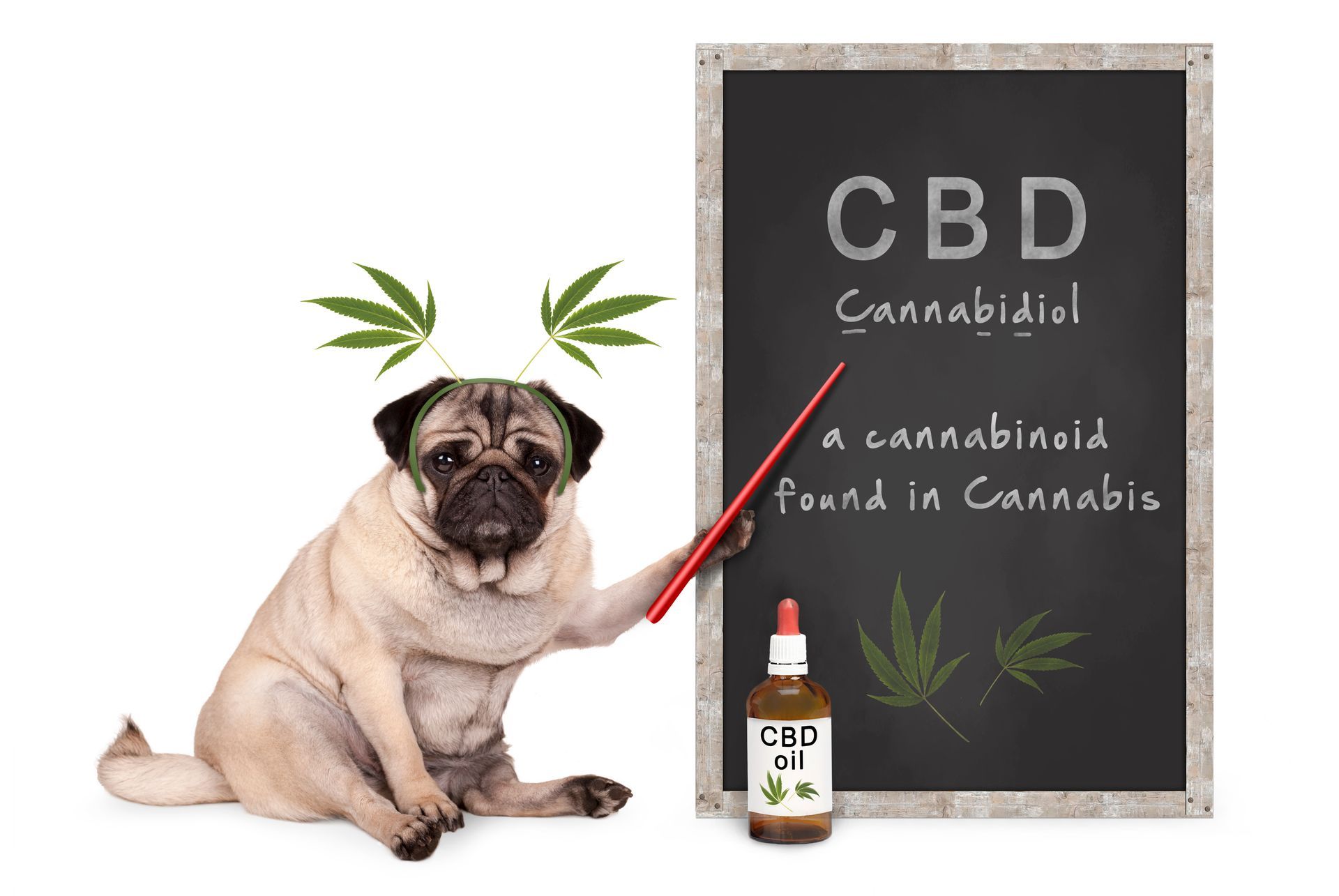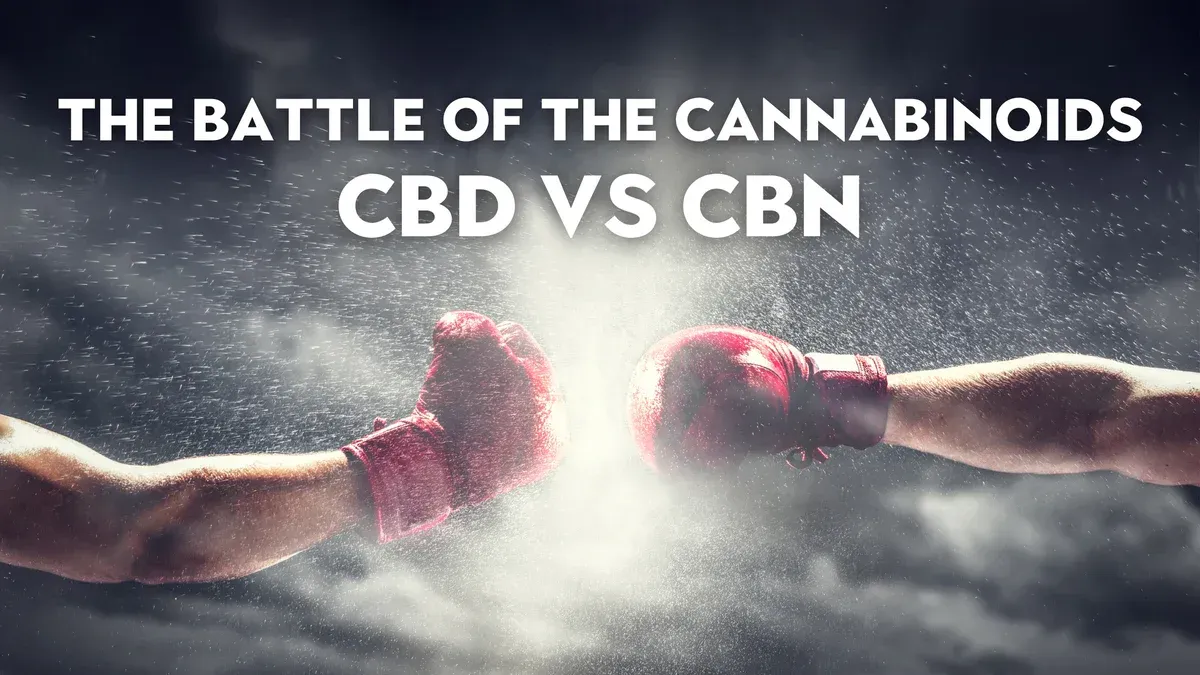What is CBD? Unveiling the Potential of Cannabidiol (CBD)
CBD BENEFITS

What is CBD? Unveiling the Potential of Cannabidiol (CBD)
In recent years, the spotlight has gravitated towards cannabidiol, or CBD, for its purported health benefits and therapeutic properties. Extracted from the cannabis plant, CBD distinguishes itself among over a hundred cannabinoids present in this botanical marvel. Unlike its infamous cousin, tetrahydrocannabinol (THC), CBD lacks psychoactive effects, offering a pathway to wellness devoid of the mind-altering experiences associated with marijuana use. This comprehensive exploration delves into the multifaceted realm of CBD, shedding light on its mechanisms, sources, consumption methods, health benefits, legal nuances, and the imperative need for informed decision-making.
Introduction: Navigating the Landscape of CBD
Cannabidiol, commonly referred to as CBD, has garnered considerable attention in recent years owing to its potential health benefits and therapeutic properties. Derived from the cannabis plant, CBD stands out among over 100 cannabinoids found in the plant. Unlike its notorious counterpart, tetrahydrocannabinol (THC), CBD doesn't induce psychoactive effects, thus steering clear of the "high" associated with marijuana use. Instead, CBD is renowned for its purported capacity to provide diverse health and wellness advantages without altering one's mental state. Nevertheless, it's imperative to grasp potential adverse effects and safety concerns linked to its usage, particularly when considering its consumption in various forms or as part of dietary supplements.
Understanding CBD: Unraveling Its Mysteries
CBD is a chemical compound inherent in the cannabis plant, prevalent in both marijuana and hemp. It falls within the category of compounds known as cannabinoids, which interact with the endocannabinoid system (ECS) within the human body. The ECS constitutes a complex cell-signaling system pivotal in regulating numerous physiological processes, encompassing mood, appetite, sleep, and immune function. While CBD holds promise for therapeutic endeavors, extensive clinical trials remain imperative to comprehensively fathom its efficacy, safety profile, and potential interactions with other medications.
Extraction and Sources: Unveiling Nature's Bounty
CBD extraction can be carried out from both marijuana and hemp plants. Hemp-derived CBD enjoys broader accessibility owing to legal restrictions on marijuana prevalent in many regions. The 2018 Farm Bill in the United States facilitated the legalization of hemp cultivation, thereby facilitating the production of hemp-derived CBD products containing less than 0.3% THC. However, consumers must exercise vigilance regarding the quality and purity of CBD products, as disparities in extraction methods and sources can influence the concentration of CBD and other cannabis-derived compounds. Opting for products subjected to rigorous testing and possessing a certificate of analysis (COA) is advisable to ensure their safety and potency.
Methods of Consumption: Embarking on a Journey of Wellness
CBD is available in a plethora of forms tailored to diverse preferences and requirements. Common methods of consumption encompass:
1. Oils/tinctures
2. Capsules
3. Edibles
4. Topicals
5. Vaping
Each method may boast varying bioavailability and onset of effects, underscoring the significance of well-informed decision-making when selecting a suitable consumption method. Additionally, individuals must exercise caution regarding potential risks associated with vaping CBD, including lung irritation and exposure to harmful chemicals.
Health Benefits: Exploring the Therapeutic Potential
Ongoing research on CBD's health benefits showcases preliminary evidence of its potential efficacy in:
1. Pain management
2. Anxiety and depression mitigation
3. Sleep disorder amelioration
4. Alleviation of neurological conditions
5. Reduction of inflammation
However, it's paramount to interpret these findings judiciously, given that many studies are still in their nascent stages and may entail limitations such as small sample sizes or lack of long-term data. Furthermore, individuals contemplating CBD for its potential health perks should remain cognizant of the limited regulation surrounding dietary supplements and the importance of consulting with a healthcare professional, especially if they are presently undergoing medication or harbor pre-existing health conditions.
Legal Status: Navigating the Legal Maze
The legal status of CBD exhibits variability worldwide, with regulations influenced by factors like THC content, source (hemp vs. marijuana), and intended use. While hemp-derived CBD containing less than 0.3% THC enjoys legality in numerous jurisdictions, marijuana-derived CBD may be subjected to stricter regulations or outright prohibition. Consumers are urged to stay abreast of local laws and regulations pertaining to CBD products to circumvent legal entanglements.
Conclusion: Paving the Path to Informed Wellness
CBD has emerged as a versatile compound endowed with potential health benefits; nonetheless, its usage warrants cautious and informed approaches. As research strides forward, a deeper understanding of CBD's mechanisms and therapeutic applications is poised to unfold. However, until then, consumers must prioritize safety, quality, and well-informed decision-making when contemplating CBD products or dietary supplements. Seeking guidance from a healthcare professional can furnish personalized insights and aid in navigating potential risks or interactions associated with CBD usage.
Through this comprehensive exploration, we've journeyed through the landscape of CBD, unraveling its mysteries, exploring its potential benefits, and navigating the legal and safety considerations that accompany its use. As we stand at the intersection of science, wellness, and legality, it's imperative to tread carefully, armed with knowledge and guided by prudence, to harness the full potential of CBD for holistic well-being.
Servant's Heart Natural Well-Being Products
Please visit Servant's Heart's for THC-free, all-natural, affordable, high quality, and potent CBD products, including gummies and topical.
Additional CBD Resources
CBD: Safe and effective? - Mayo Clinic
Cannabidiol (CBD): What we know and what we don't - Harvard Health
CBD: What You Need to Know (cdc.gov)
CBD: Does it work? Is it safe? Is it legal? | AAMC
Differences Between CBD vs. THC (webmd.com)
What is Cannabidiol (CBD)? Uses, Benefits, and More (healthline.com)
6 Benefits and Uses of CBD Oil (Plus Side Effects) (healthline.com)
CBD (Cannabidiol): Definition, Benefits, Risks, Tips (health.com)
What is the difference between cannabis products and CBD products?
CBD products are everywhere. But do they work? - Harvard Health
CBD Oil: 9 Health Benefits And Uses – Forbes Health
CBD vs. THC: Differences, benefits, and effects (medicalnewstoday.com)
CBD for Arthritis Pain | Arthritis Foundation
What Are the Benefits of CBD? - The New York Times (nytimes.com)
CBD: What is it, and can it help the heart? - BHF
CBD Oil: Health Benefits, Side Effects, and More (verywellhealth.com)
FDA Regulation of Cannabis and Cannabis-Derived Products, Including Cannabidiol (CBD) | FDA
THC vs. CBD: What's the Difference? (healthline.com)
CBD vs. THC: A Chart to Help You Understand Cannabis (verywellhealth.com)
Understanding the Difference Between CBD vs THC | THC vs CBD (sanantoniorecoverycenter.com)
CBD vs. THC: What’s The Difference? – Forbes Health
Evidence for THC versus CBD in cannabinoids - PMC (nih.gov)
CBD vs. THC: Which is more effective for treating anxiety? (medicalnewstoday.com)
CBD vs CBN: What’s the Difference? (webmd.com)
CBD vs. THC: Key Differences, Benefits, and Legal Status (verywellmind.com)
A scoping review of the use of cannabidiol in psychiatric disorders - ClinicalKey
Clinicians’ Guide to Cannabidiol and Hemp Oils - ClinicalKey
Cannabidiol: State of the art and new challenges for therapeutic applications - ScienceDirect
A systematic review of the antipsychotic properties of cannabidiol in humans - ClinicalKey
Cannabinoid, Terpene, and Heavy Metal Analysis of 29 Over-the-Counter | VMRR (dovepress.com)









